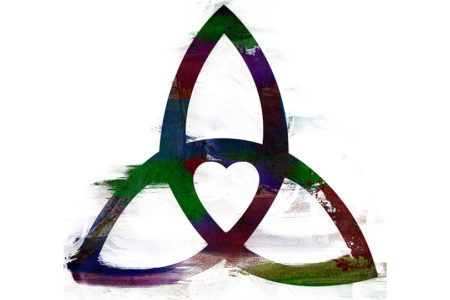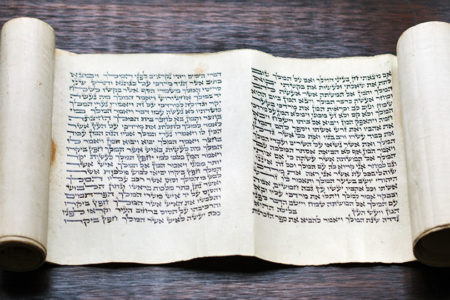Eye on the Middle East Nov/Dec 2016
Turkey’s President Recep Tayyip Erdogan and Russia’s President Vladimir Putin are working to repair bilateral relations.
Long fraught with tension, ties between the geopolitical rivals reached a new low after Ankara shot down a Russian warplane near the Turkish-Syrian border in November 2015.
Erdogan recently traveled to Russia to make amends. He called Putin a “valuable friend,” and the Russian leader obliged. “This meeting has a very significant importance for the fate of the Russia-Turkey relationship. We should not simply return to the previous level but exceed it and go further,” Putin said.
Erdogan’s rapprochement with Moscow comes amid deteriorating relations between Ankara and its NATO allies in the West. Erdogan, who faces mounting international criticism for his crackdown on journalists and political opponents, has pushed Turkey in an anti-Western, Islamic direction. He has angrily accused the United States of supporting a coup to remove him from power and has unleashed a wave of anti-American propaganda on Turkish state television. At the same time, Erdogan’s relationship with the European Union (EU) has become increasingly acrimonious.
As Turkey drifts away from the West, Erdogan needs Putin as a hedge against international isolation. Some observers believe Erdogan’s desire to reset relations with Moscow is aimed at showing his NATO allies he has other friends on the international stage.
Turkey and Russia share many interests. Russia is one of Turkey’s most important export markets. After its warplane was shot down, Moscow imposed a series of economic sanctions, including a ban on the import of Turkish agricultural products, as well as restrictions on Russian tourists visiting Turkey.
Russia also suspended the planned construction of a strategic gas pipeline between the two countries. The $12 billion Turkish Stream project is designed to carry Russian gas to Turkey and other European countries. Turkey, the second-largest consumer of natural gas from Russia, is highly dependent upon Russia for its energy needs.
The normalization of Ankara-Moscow relations will reverse the restrictions on trade and tourism and will facilitate progress on energy infrastructure projects. Such projects include the gas pipeline and Turkey’s first nuclear power plant—a Russian-supported, $20 billion project.
In Syria, Turkey and Russia have both converging and competing interests. Both want to preserve the territorial integrity of the Syrian state. But Turkey and Russia diverge in their support of the Syrian regime. Erdogan has long sought the removal of Syrian President Bashar al-Assad; Putin wants him to remain in power. Erdogan may concede to Putin on this issue.
Both agree Iran will have a say in determining the future of Syria, and both fear Iran’s regional ambitions and the expansion of Shia Muslim influence in Iraq, Syria, and Lebanon.
At the same time, Turkey and Russia both desire good relations with Israel. These interests have led to the emergence of two overlapping and competing tripartite axes, which possibly foreshadow Ezekiel 38—39: one comprising Turkey, Russia, and Iran; the other comprising Turkey, Russia, and Israel.
Turkey specialists Aykan Erdemir and Boris Zilberman report that Putin will exploit Erdogan’s drift into Russia’s orbit in order to rebuild an alliance based on defiance of the West: “Putin is keenly aware of Erdogan’s economic, political, and psychological desperation. Having learned his lesson with the Turkish president, the Russian leader will undoubtedly proceed with caution. He will, however, also be keen to exploit the opportunity presented by an anxious Erdogan,” they wrote in politico.eu.
“Russia’s president knows that getting his Turkish counterpart to pivot to Moscow on geopolitics and economics will go a long way toward undermining the EU and NATO. Turkey, after all, can be of greater service to Putin as a rogue NATO ally than a Russian satellite,” they said.








